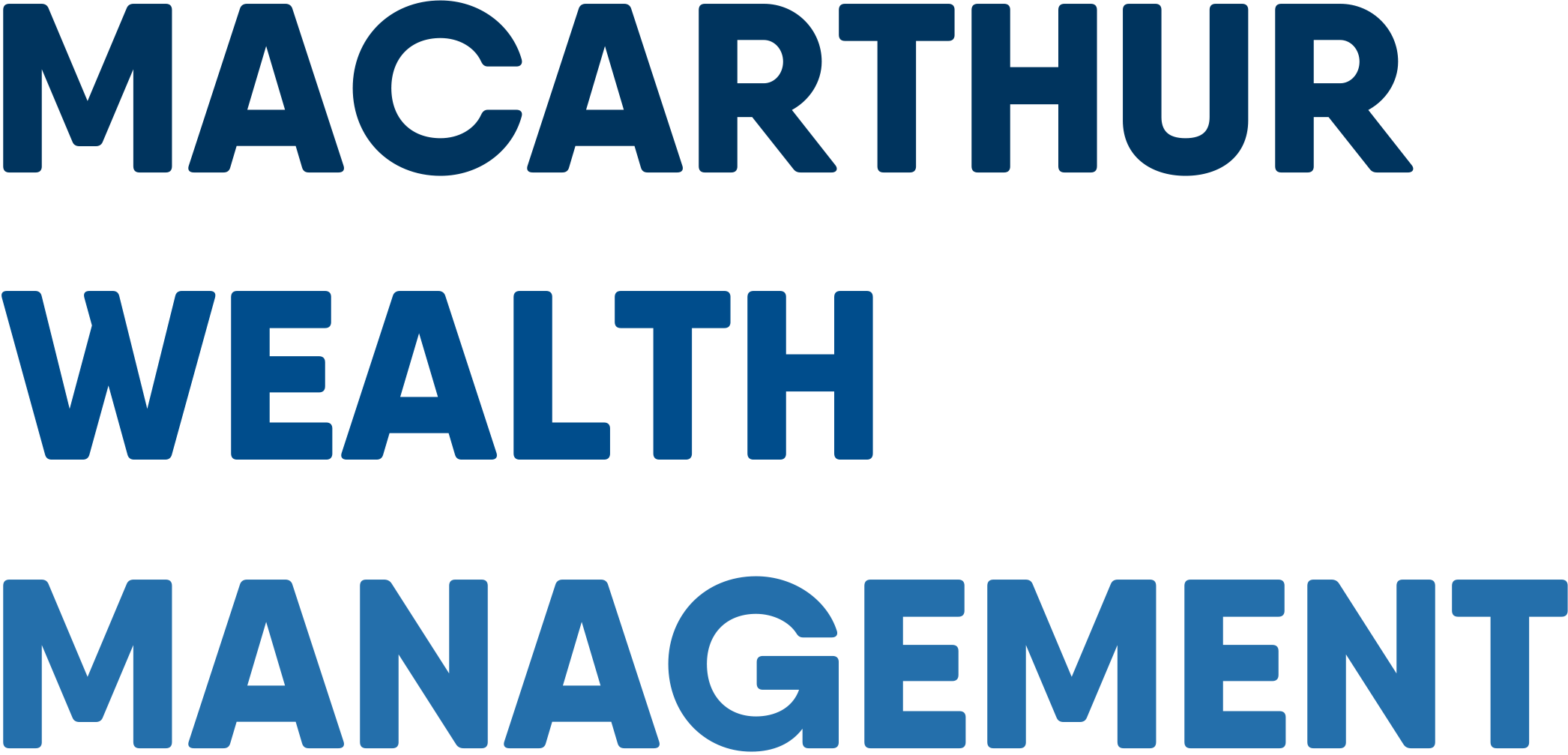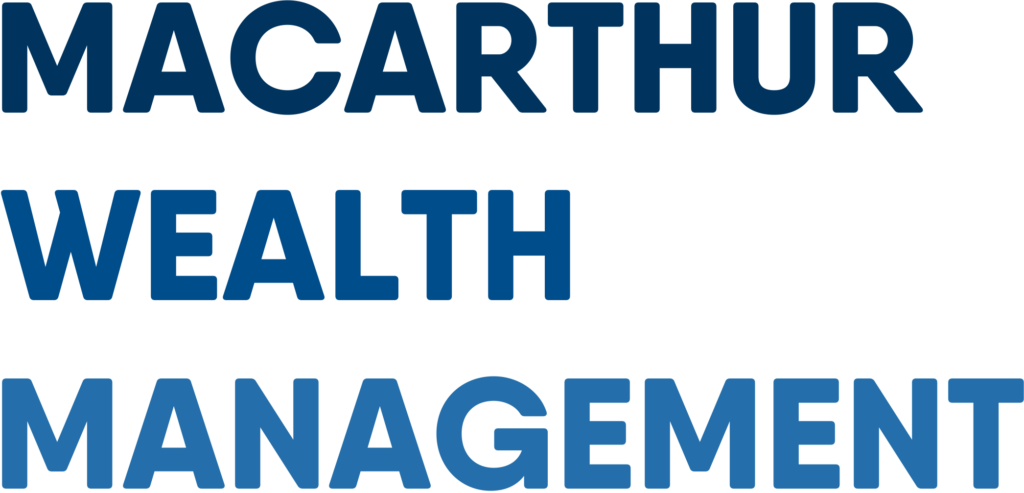US ELECTION UPDATE
There’s never a dull moment when it comes to us politics and particularly during a presidential race. Regardless of your political persuasion or whether you think us politics doesn’t affect you, The US remains the world’s superpower and US politics and policy can have a significant impact on investment markets.
Right now, less than 10 days out from the election, it’s important to understand how markets may be impacted or react to the result. Much of the share market rally over the last 3-4 weeks can largely be explained by the market’s acceptance that a Democrat / Biden clean sweep (ie. House, Senate, President), as indicated by the polls and betting odds, would usher in a huge stimulus package, lead to less adversarial foreign policy, and give the elected government sufficient power to “get things done”.
However, the polls and betting odds look eerily like they did leading into the 2016 US election with Clinton leading Trump. The difference this time is that we have Covid-19 and President Trump as the 1st term incumbent. Long term history shows that 1st term Presidents generally get a 2nd term and recent history shows that election polls can be well and truly off. As 2016 showed, President Trump didn’t win the popular vote, but he did win the Electoral College which means key swing states are likely to come into play this time around too.
Putting that aside, this is what we know:
• US equity markets generally go up after a Presidential election.
• Republican policy is generally more Wall Street (ie. share market) friendly.
• President Trump, if re-elected, will continue to operate on the same platform he has for the last 4 years – ie. smaller government, lower taxes, pro-US policies.
• Joe Biden, if elected, will increase taxes, support a very large stimulus package, and support pro-environmental policies.
• Both the Democrats and the Republicans are anti-China, but Democrats support continued globalisation whilst Republicans under Trump prefer less globalisation.
• Republicans prefer a faster re-opening of the US economy whilst Democrats prefer a slower re-opening.
• A President Trump re-election will likely result in both a US equity market and US dollar rise, with a faster short-term recovery in the economy.
• A Biden win could see the US equity market rise (under a huge stimulus package) or fall (under the burden of rising taxes) and likely continued to downward pressure on the US dollar, with a slower short term recovery in the economy.
There are a lot of variables and a lot of unknowns for the market to digest. The following is key to note:
• Markets won’t like a delayed result – ie. the result could take some time to obtain given the number of postal votes. In addition, if the result is tight, it’s likely either side will request a recount.
• Markets won’t like a messy result – ie. a result whereby Trump or Biden win with very small majority or no majority in the Senate. Believe it or not, a Democrat House and Senate with Trump retaining the Presidency is actually possible!
• Markets will like a decisive result – ie. a clear election win for either side will see market volatility subside.
• Markets will like a clean result – ie. a Biden or Trump victory with either clean sweep of the House and Senate, or at the very least, a clear majority in the Senate.
The election is 4th November Australia time (3rd November US time). It will make for an interesting week with a Melbourne cup with no spectators and a Reserve Bank of Australia meeting which is likely to see the bank cut the cash rate to 0.1% and launch a large bond buying program (Quantitative easing).


Recent Comments